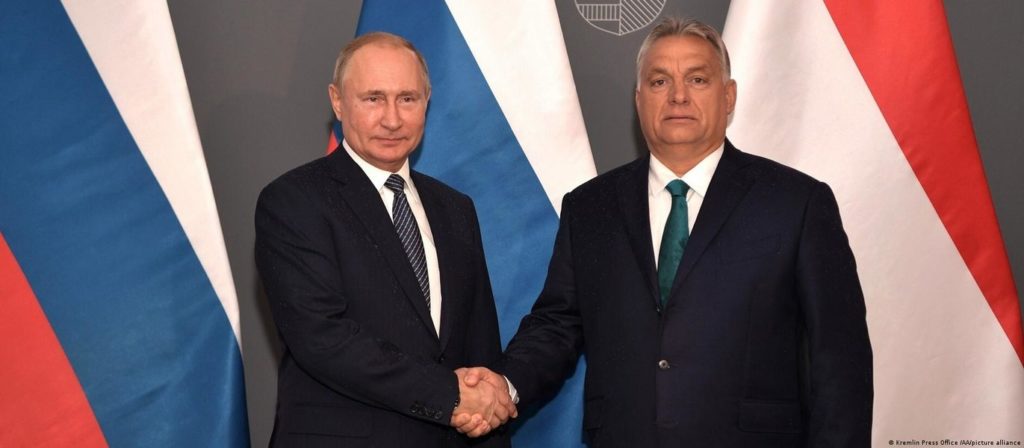Europe is highly concerned about Viktor Orbán’s recent pro-Russian policy in Hungary. The country has become a tool for Russia to legitimize pro-Russian regimes and undermine the unity of the European Union. The recent visit of the Hungarian delegation to Georgia in October 2024 clearly demonstrates how Budapest supports countries influenced by Moscow, which could pose a threat to the democratic future of these states. It is also important to understand how such Hungary’s actions could affect other EU countries, including Cyprus, where Russian influence is already quite strong.
On October 28-29, 2024, Hungarian Prime Minister Viktor Orbán and Foreign Minister Péter Szijjártó visited Tbilisi amid a political crisis. Protests began in the country after the parliamentary elections, which Georgian President Salomé Zourabichvili and the opposition considered rigged. The ruling Georgian Dream party, associated with pro-Russian oligarch Bidzina Ivanishvili, continues its pro-Russian course. In this situation, the visit of the Hungarian delegation can be seen as an attempt to support the election results and strengthen Georgia’s pro-Russian policy.
The signing of a bilateral agreement on investment protection between Hungary and Georgia against the backdrop of an acute political crisis showed the Hungarian government’s symbolic support for pro-Russian forces in Georgia. Thus, Russia shows the presence of its allies even among EU member states. Hungary, in turn, is proving its status as a special partner of Moscow, which increases tensions in the European community.
For Cyprus, which has long been under significant Russian economic and political influence, Hungary’s pro-Russian policy may intensify these processes. Russian money is widely used in the banking sector, real estate and tourism in Cyprus. There is many Russian citizens who are actively involved in the economic life of the island. In addition, the presence of Russian media and businesses creates additional levers for possible influence. Against this backdrop, Hungary could become a channel for further strengthening Russian influence in Cyprus by using economic and diplomatic ties to advance pro-Russian interests. This could undermine the European Union’s attempts to maintain sanctions and limit Russia’s influence in the region.
The cooperation between Cyprus and Hungary in 2022-2024 covers several key spheres, including economic, cultural and investment. Both countries are actively developing economic relations, especially in investment. Cyprus has become a popular destination for Hungarian investors, thanks to its permanent residence programs. At the same time, Hungary offers attractive conditions for investors through its “golden visa” program. These mutual investment programs create good opportunities for citizens of both countries, but they could become a tool for strengthening Russian influence, if not to control this.
Cyprus and Hungary also maintain close cultural and diplomatic ties. Both countries are actively involved in joint EU projects, expanding educational and cultural exchange. However, it is important that this cooperation does not serve a platform for promoting pro-Russian interests in the region. In the context of increasing geopolitical pressure, Cyprus should be careful in its relations with Hungary to avoid the strengthening of Russian influence through such diplomatic and cultural cooperation.
Hungary’s pro-Russian policy, especially its actions in Georgia, is worrisome for Europe, including Cyprus. Cooperation between Hungary and Cyprus may bring some economic benefits, but there is a high of the strengthening of Russian influence. It is important for Cyprus to remain committed to democratic values and the common political approaches of the EU in order to avoid further weakening of European security.

